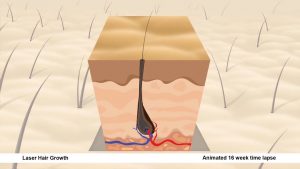The right of this video solely belongs to the owner (The McGraw-Hill Companies, Inc). Digestive System- The primary functions of the digestive system are the breakdown of food (called digestion) and absorption of nutrients. Digestion begins in the mouth, where the teeth break food into smaller particles during mastication. Salivary glands located near the oral cavity secrete saliva, which begins chemical digestion and keeps the food moist. As food is swallowed, the soft palate blocks the upper pharynx to prevent food from entering the nasal cavity, and multiple voluntary muscles in the face, neck, and tongue contract, pushing food particles through the pharynx. The food passes over the epiglottis, which prevents food entry into the respiratory system, and then into the esophagus, which connects the pharynx to the stomach. The one-way movement of the food mass, now called a bolus, is controlled by wave-like involuntary muscle contractions. This movement is known as peristalsis. The bolus now enters the stomach. Folds in the stomach wall called rugae allow for expansion as the stomach fills. Stomach cells secrete HCl (Hydrochloric acid), pepsinogen, and various regulatory hormones that chemically digest the bolus. Muscular contractions in the stomach churn its contents to further breakdown the bolus and mix it with stomach secretions to form a thick liquid called chyme. Chyme exits the stomach through the pyloric sphincter and enters the small intestine, the major site of nutrient absorption. The small intestine consists of three parts: the duodenum, jejunum, and ileum. Bile from the liver and digestive enzymes from the pancreas empty into the duodenum to aid in digestion. Absorbed nutrients pass from the lumen of the small intestine into blood and lymph. Chyme not absorbed in the small intestine enters the large intestine. As it passes through the cecum and ascending, transverse, descending, and sigmoid colon, water and salts are absorbed and chyme is converted into feces. The rectum stores feces until nervous stimulation initiates the defecation reflex, resulting in elimination through the anal canal.

Digestive System
- Post author:
- Post published:May 1, 2021
- Post comments:0 Comments
You Might Also Like

Things you must know before taking Glutamine Supplements | HINDI

How to Absorb Your B Vitamins
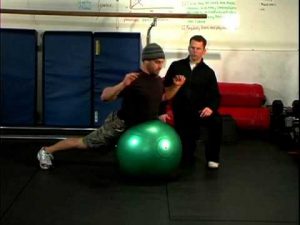
Stability Ball Hyper Extension Training Exercises

Muscle Building Workout & Squats Video – 3
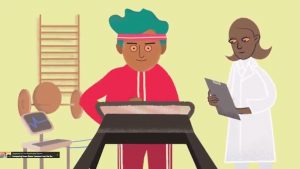
What is physiology?
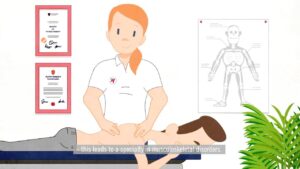
Branches of Physiotherapy Video – 17

The Health Benefits of a Vitamin B Complex (Comprehensive Review)

Risperdal Side Effects
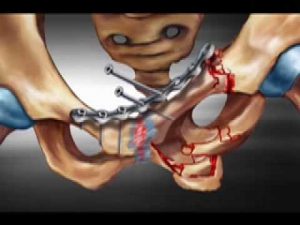
2D to 3D Animation with X-Ray and MRI Files

8 Body Type
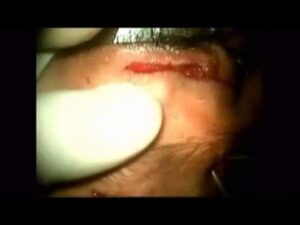
Opthalmogical/Eye Surgeries Video – 5

Dr Gaeta Seminar Excerpt: A Patient Story on Silymarin/Milk Thistle

Best way to workout chest
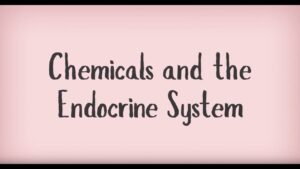
Chemicals and your Endocrine System

Global Mental Health Video – 2
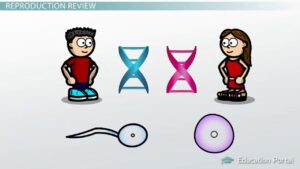
Male Reproductive System: Functions, Organs and Anatomy

Better Running and Stretching Tips for New Runners
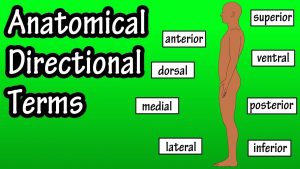
Anatomical Position And Directional Terms – Anatomical Terms – Directional Terms Anatomy

Standing Dumbbell Calf Raises – Calf Exercise – Bodybuilding.com

Community Psychiatry Video – 3

Geriatric Physiotherapy Video – 4

Are you Eating EGG WHITES For Weight Gain? (YOU NEED TO WATCH THIS RIGHT NOW!)
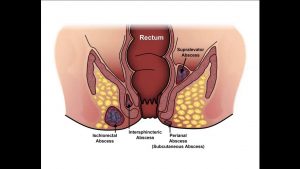
Skin disease-You may fear of Abscess #TeYouTe

Alternating Bicep Hammer Curls Leaning Over Stability Ball

Top 5 Preventing Foot Problems for Diabetic

Propranolol
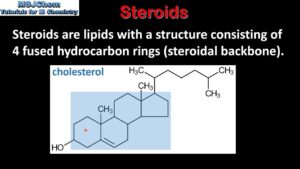
B.3 Steroids (SL)

Should You Take BCAAs? (The Truth About BCAA Supplements)

A Day in the Life of Ergogenic Aids.mp4
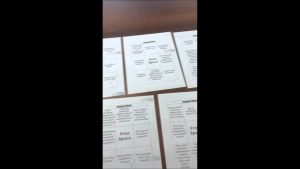
Enalapril Bingo
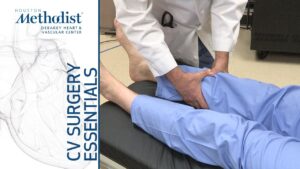
Surgery Video – 1

Sports Medicine Video – 4

Things you must know before taking Glutamine Supplements | HINDI
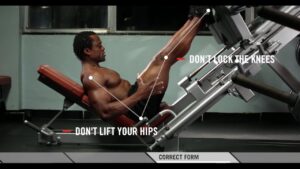
Leg Press-1
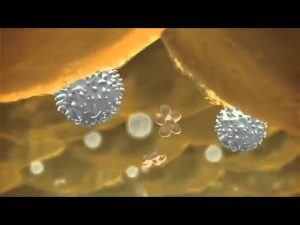
What is the Role of Insulin

How to Do Basic Sitting Stretches | Taekwondo Training
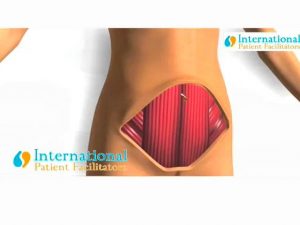
tummy tuck surgery in 3d
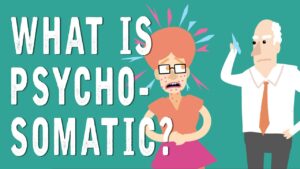
Psychosomatic Medicine Video – 1
Male And Female Hormones

Exercises That Isolate & Tone Your Waist & Stomach : Stretching & Yoga for Health

What is Oxygenated Water? Oxygenated water benefits you would not believe
